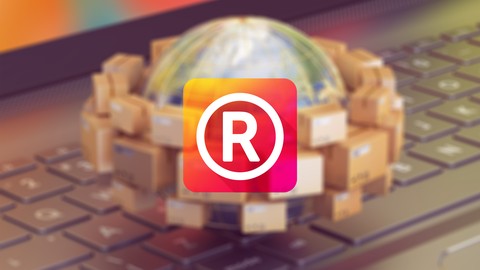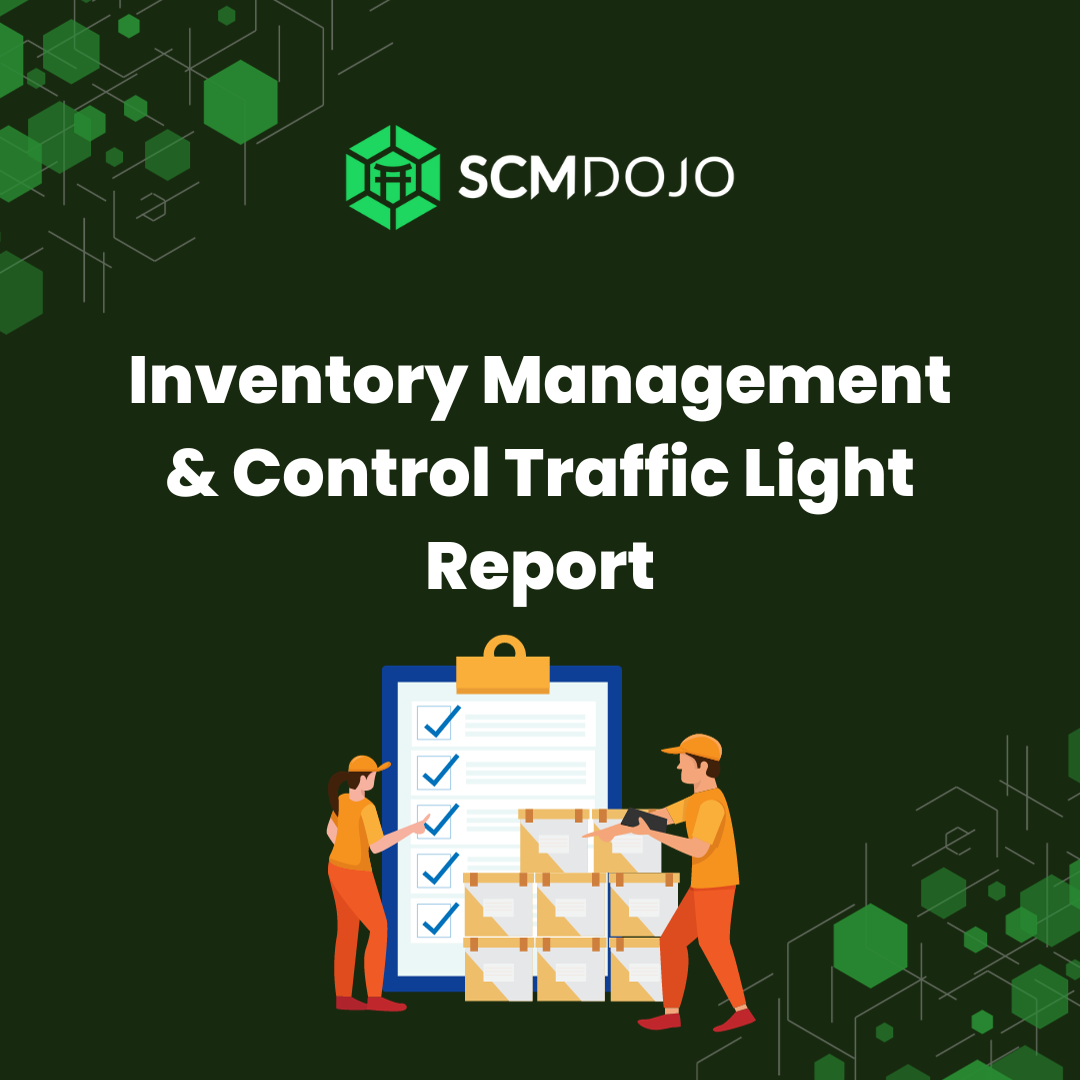Cost minimization is a key factor in handling logistics services, and this is becoming a growing interest in quality enhancement. However, Logistics Service Quality is difficult to quantify as it is a function of data gathered from variable client insights on the measurement process over time. The Logistics Service Quality can be defined regarding two balancing basics, i.e., Physical Distribution Service and Marketing Customer Service. Logistics Service Quality can be measured using some key factors.
From the logistics provider viewpoint, the Logistics Service Quality is measured by the capacity to accomplish the clients’ orders. From the customer viewpoint, the widely held studies determining Logistics Service Quality are grounded in interviews and survey studies. One of the most generally used surveys to Measure Logistics Service Quality is the SERVQUAL model. The SERVQUAL examines the variations between the user’s anticipation and perception. It identifies 5 Key Factors to Measure Logistics Service Quality namely:
- Tangibles
- Reliability
- Responsiveness
- Assurance
- Empathy
Logistics Service Quality 5 Key Factors
Tangibles
The components of tangibles are quantified through many variables. According to the percentage of remarks, a service rendered gets, physical services of logistics establishments are assessed as “Bad” or “Good” by their clients. However, the proportion of encouraging assessments shows that clients indeed have great anticipation on the expansion of better services, contemporary facilities, and improved approaches to guard goods with higher average marks. Nevertheless, your present facilities owned by your logistics establishments may be of low quality, which might lead to a more significant gap. The Tangibles factor of Logistics Service Quality should be noted appropriately to expand your Logistics Service Quality.
Notwithstanding, some clients do not believe that logistics firms have several branches. They also do not assume the size to be too big as most providers use 3PL and 4PL providers in other countries. In my experience, only very few logistics providers own the physical assets. They usually lease for a certain amount of time and consider as a variable cost. Amongst all the criteria about tangibles, they are a few with the higher hope of the integration of better services.
When handling logistics businesses, you need to take into account the merits of implementing better services which makes things more relaxed and convenient for the clients to relate easily. Currently, almost all customers want the ability to be able to track their goods and services online. And this requirement will only grow.
Other expectations with high demands include worries for contemporary facilities. Clients even put more focus on various methods for goods protection, tracking and security. As logistics service provider, you need to provide suitable packaging for goods and value-added services.
60% Off at BookLender.com – Code: SAS
Reliability
The Reliability factor of Logistics Service Quality is quantified by several criteria which assess the performance of sales staff. This measure includes preserving promises and business archives, service time availability, and the rest relates to the elementary performance of logistics movement. The decent performance also reduces the space between expectation and perception. The clients well value the significance of the reliability criteria. The three most significant ones are
- Offering fast services
- Deliver services within the specified time frame, and
- Accomplish functions deprived of complications or damage.
Although the present state of service is moderately good, these three conditions have the highest impact. These criteria imply that clients expect even better performances. So, it is sturdily endorsed for logistics firms to focus more on reducing this space as much as possible.
I would go as far as all staff who has any contribution to logistics service quality must be well versed with these logistics competences to the extent that they can offer immediate advise and then refer to subject matter expert, e.g. Trade Compliance.
Responsiveness
The Responsiveness factor of Logistics Service Quality is measured using conditions that show how the sales personnel communicate with clients. The outcomes of this factor show if your current customer service is bad or good. This issue is important to some extent, as the success of any deal rest mainly on stronger sales staff efforts. If your sales staff cannot persuade clients as to why your services are much better than others, or why they should trust your brand, then such deals cannot be pulled off effortlessly. Consequently, logistics firms need to offer development policies and resolutions required to resolve all complications fast, in a way that please your clients.
Historically customer service was usually measured by Cost, Quality and Delivery of product and/or service. But currently in my opinion lead time of product and service offered is as important. It is not a triangle anymore, it is square. Meaning, managing customer lead time expectation is hugely important.
Assurance
The Assurance factor is measured by the capability of employees to work with clients in relations to the know-how essential for a salesperson. This element of Logistics Service Quality settles in as one of the most crucial factors. It involves having a respectable acquaintance about Logistics Service Quality and the skill to handle user data so that clients can have a better understanding. The criteria required for the Assurance factor includes employment of expert in crucial positions and communication between employees in a proper manner. Therefore, as a business owner, you need to need to evaluate your recruitment process and invest in employees training.
Empathy
Empathy variables portion how members of sales staff care about clients’ requirements. The outcomes for logistics enterprises show that not all offer satisfying service to clients in term of sympathy. Some clients may assume that the members of sales staff are not persevering enough and do not show a higher level of broad-mindedness. However, this element is anticipated to be either “Bad” or “Good.” Also, promotions are not valued as satisfactorily attractive, whereas the conventional belief of this criteria is noticed. By offering unique promotions, your logistics company can sustain a solid rapport with clients: who will unlikely switch to another due to Logistics Service Quality on offer.
CONCLUSION
To offer exceptional services, logistics enterprises need first to recognize clients’ desires and potentials. The service value scale of logistics enterprises is theorized by five key factors: assurance, empathy, reliability, responsiveness, and tangibles. With these critical elements, you can expect results that display the anticipated values of clients and plan how to serve them better or as client, you should expect what to get. Therefore, more attention should be placed on these factors to yield better results.
Recommended Books and Courses:
Looking at Logistics: A Practical Introduction to Logistics, Customer Service, and Supply Chain Management
Import & Export Logistics with the global Incoterms Rules
SAP: Supply Chain Logistics in R/3
About the Author- Dr Muddassir Ahmed
Dr MuddassirAhmed is the Founder & CEO of SCMDOJO. He is a global speaker, vlogger and supply chain industry expert with 17 years of experience in the Manufacturing Industry in the UK, Europe, the Middle East and South East Asia in various Supply Chain leadership roles. Dr. Muddassir has received a PhD in Management Science from Lancaster University Management School. Muddassir is a Six Sigma black belt and founded the leading supply chain platform SCMDOJO to enable supply chain professionals and teams to thrive by providing best-in-class knowledge content, tools and access to experts.
You can follow him on LinkedIn, Facebook, Twitter or Instagram










